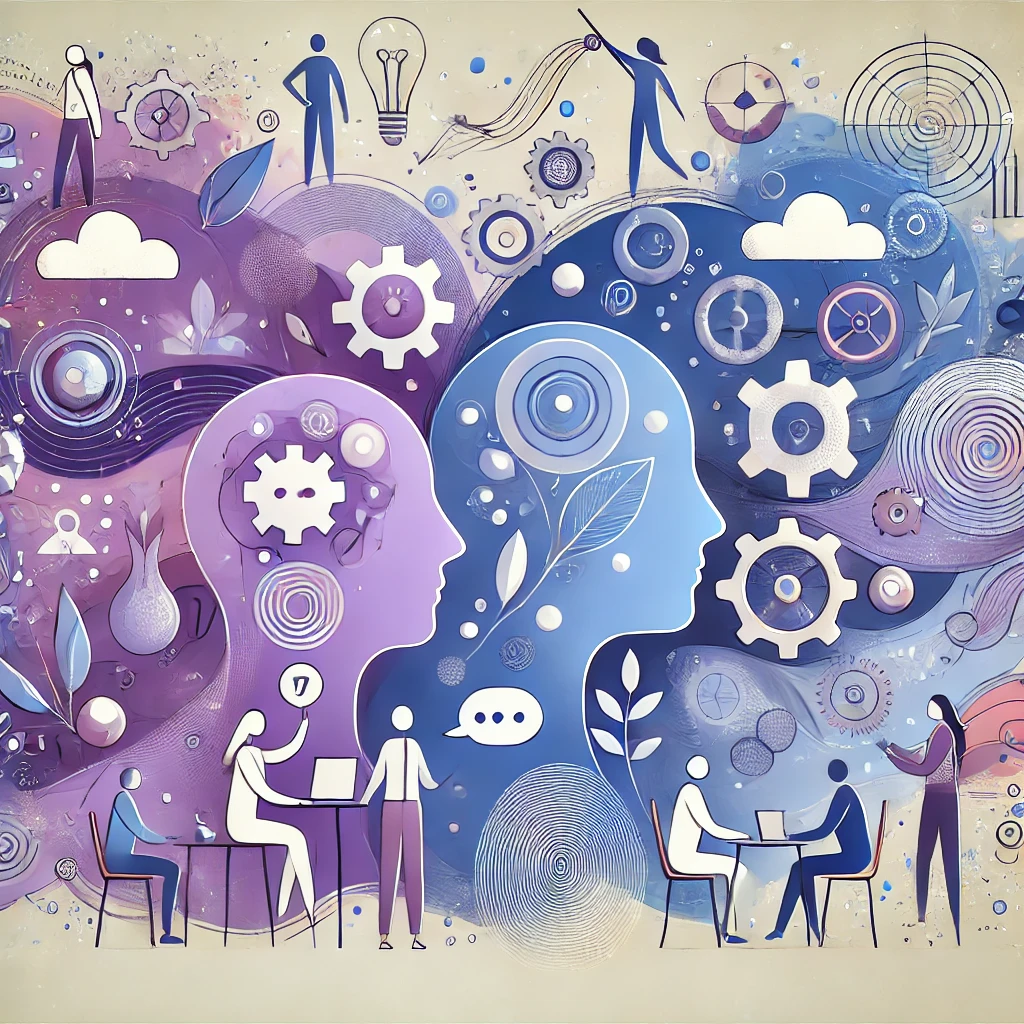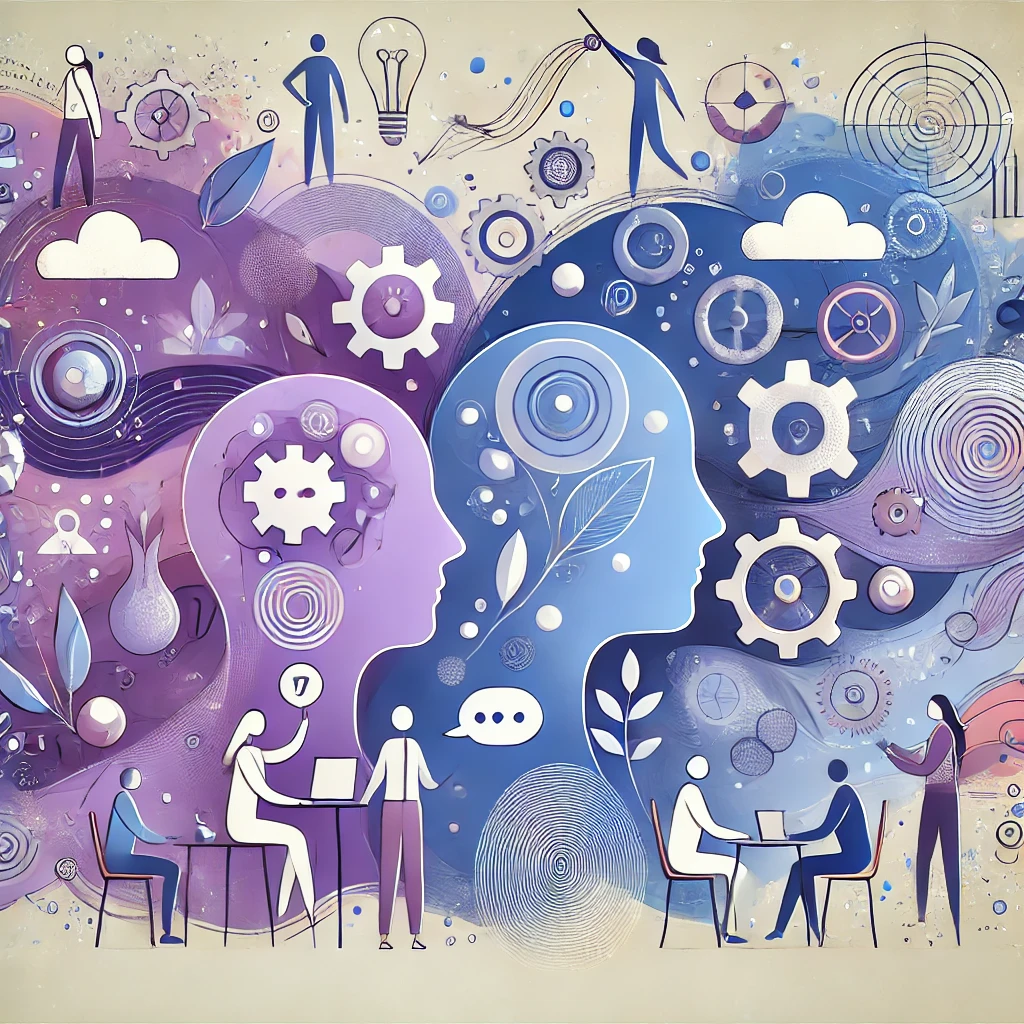Human Skills: Benefits and Challenges in Professional Development
In the modern workplace, the importance of human skills, often referred to as soft skills, is increasingly recognized as critical for professional success. These skills, which include communication, empathy, teamwork, and adaptability, play a pivotal role in enhancing job performance and improving interpersonal dynamics. This blog post explores the significant benefits of developing human skills and the challenges often encountered in their cultivation.
Human Skills: Enhancing Workplace Interaction and Productivity
One of the primary benefits of well-developed human skills is improved workplace interaction. Employees proficient in these skills can communicate more effectively, leading to better collaboration and fewer misunderstandings among team members. For instance, strong communication skills enable individuals to convey their ideas clearly and persuasively, while good listening skills help in understanding the needs and perspectives of colleagues and clients, fostering a more cooperative work environment.
Moreover, human skills greatly enhance problem-solving and decision-making capabilities. Teams that operate with high levels of empathy and teamwork are more likely to come up with innovative solutions to challenges, as diverse viewpoints are respected and considered. This not only boosts productivity but also enhances the overall agility of the organization in responding to changes and challenges.
Human Skills: Building Leadership and Employee Satisfaction
Developing human skills also contributes to stronger leadership. Leaders who exhibit high levels of emotional intelligence, a component of human skills, can better motivate and inspire their teams, manage stress and conflict, and maintain a positive office culture. These skills make leaders more approachable and responsive to the needs of their employees, which can significantly increase job satisfaction and reduce turnover rates.
Furthermore, employees with robust human skills are often more adaptable and open to change, qualities that are invaluable in today’s fast-paced business environment. They are better equipped to handle the demands of their roles and are more resilient in the face of workplace challenges.

Human Skills: Challenges in Development
Despite their importance, developing human skills presents several challenges. One major hurdle is the subjective nature of these skills, which makes them difficult to measure and assess with the same precision as technical skills. Unlike hard skills, which can often be quantified and improved through traditional training methods, human skills require a more nuanced approach to development, often involving personalized feedback and real-world practice.
Additionally, ingraining these skills in employees necessitates a supportive learning environment and a culture that values and encourages their use. This can be a significant shift for organizations that have traditionally prioritized hard skills and technical competencies. Creating such an environment often requires buy-in from all levels of the organization and a commitment to long-term cultural change.
Implementing Effective Training Programs
To effectively develop human skills, organizations should implement comprehensive training programs tailored to the specific needs of their employees and the goals of the organization. These programs should include interactive elements, such as role-playing exercises, workshops, and real-world practice opportunities, to help employees refine these skills in a supportive environment.
Regular feedback and coaching are also crucial in helping individuals understand their strengths and areas for improvement in relation to human skills. Additionally, recognizing and rewarding the demonstration of strong human skills can reinforce their value within the organization.
Conclusion
The development of human skills is essential for creating a productive, adaptive, and harmonious workplace. While there are challenges in developing these skills, the benefits they bring to individual employees and the organization as a whole are undeniable. By committing to the cultivation of these critical skills, organizations can enhance their operational effectiveness and build a more resilient and responsive workforce.
Explore our latest post, “Leadership Development Practices: Fostering Growth and Success,” to learn how you can foster both personal and professional growth through effective leadership practices.









